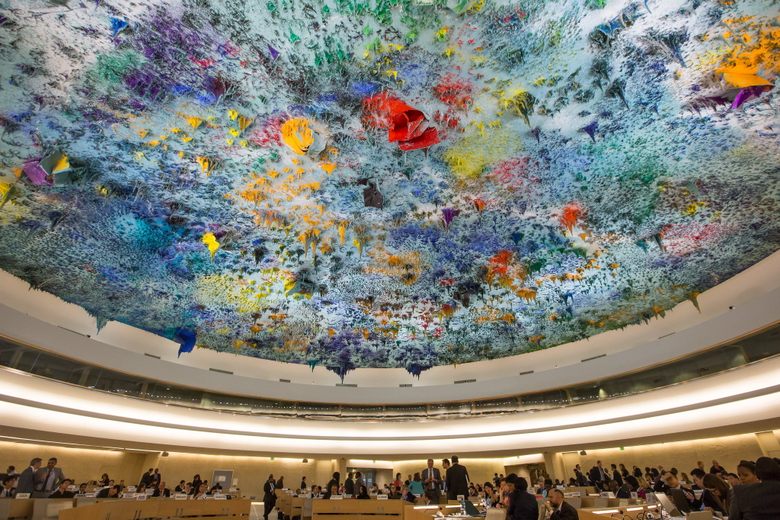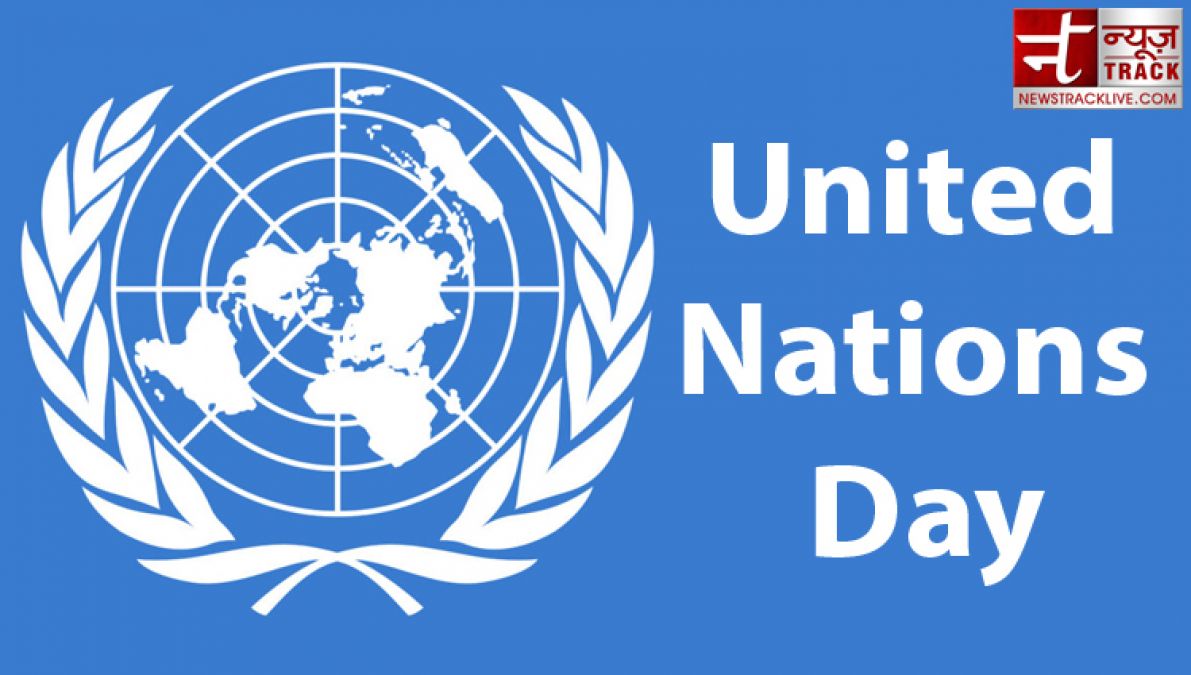By Dimitris Kolias,
On this day in 1945, almost eight decades ago the Charter of the United Nations came into effect, as a result the United Nations, as we know them today came to exist. The UN came to take the place of the League of Nations, the first worldwide intergovernmental organization, which was deemed ineffective. The mission of the UN is the upkeep peace, protection of the environment, and fight injustice and inequalities among others. It can not be denied that the mere existence of the organization has helped advance the causes mentioned in its declaration, but actions, or the lack of them, taken by the UN throughout the last seventy-seven years have drawn their fair amount of criticism. These criticisms are more often than not valid, so it lets us use this anniversary as an excuse to discuss said problems of the United Nations and to remind ourselves that an entity that encompasses, in at least some capacity, most of the states in existence today can, and should, take more actions upkeeping global stability in the coming years.

The most prevalent, and intertemporal, criticism voiced against the UN is that of ineffectiveness. Some may consider this ironic since ineffectiveness is the reason for the discontinuation of the UN’s predecessor, but history tends to repeat itself when given similar circumstances, and both the League and the UN share some unfortunate similarities. Namely, neither of them has significant, if any at all, enforcement capabilities. The UN can and has made declarations condemning a member state of misconduct, as is the case with North Korea’s ballistic missiles, with Israel’s treatment of occupied Palestinian territories, and with Saddam’s Iraq, among many others, but not one of them as enforceable. The simple reason behind this is that the United Nations can only threaten a member with let us say sanctions, but for the sanctions to be implemented each member state has to do so on its own. That of course does not happen when the nation condemned happens to be another’s military ally or trading partner.
Another resurgent criticism of the UN is that of corruption, or as international media prefer to call it, lobbying. Here we can refer to the case of the Great Barrier Reef, the largest coral reef in the world, which is located in Australia. The GBR is listed as a world heritage site by UNESCO, a subsidiary of the UN. At the same time is widely accepted by both the general public and the scientific community that this unique ecosystem is facing an increasingly uphill battle against both climate change and pollution. To help bring awareness to that fact UNESCO planned to include the site in its 2016 report titled “World Heritage and Tourism in a Changing Climate” and again in 2021 it planned to classify the Great Barrier Reef as “endangered”. Both efforts failed after successful lobbying from the, at the time extremely conservative, Australian government. This utter embarrassment of a decision is best described by Greenpeace Australia Pacific chief executive, David Ritter who said “This is a victory for one of the most cynical lobbying efforts in recent history. This is not an achievement – it is a day of infamy for the Australian government”.

Of course, over the years the UN has been accused of favoritism as well. This is most prevalent in the listings of heritage sites by UNESCO, as mentioned previously. Here UN is thought of as being Eurocentric in its listings making it harder for countries outside of Europe to list both manmade and natural monuments as protected sites, mostly due to its lengthy and costly application process.
As the last jab, the case of Taiwan must be mentioned as well. Taiwan is not an official member of the UN despite by all accounts being a sovereign state with a self-sustaining economy. The reason behind this is the ongoing conflict between Taiwan and China and the “One China” policy Beijing is trying to implement. Most of the UN members are officially in agreement with this policy so Taiwan isn’t recognized as a state at all. Additionally in order to be accepted as a member state of the UN all five permanent members of its security council have to be in agreement. Who are these five members? France, the Russian Federation, the United Kingdom of Great Britain and Northern Ireland, the United States of America, and China. So, membership in Taiwan is not happening any time soon.
All in all, the UN has many shortcomings, here we listed just a few, but down the line, the existence of this organization can only be a net positive for the global community. Especially now and in the not-so-far future, where climate change, food shortages, and global pandemics will threaten the way of life of millions if not billions of people the existence of a globally stabilizing and hopefully more democratic UN is needed more than ever.
Happy Birthday to the United Nations, hopefully, this year comes with improvements.
References




